What Are the Sundown Scaries?
The Science Behind Evening Anxiety
Why This Happens to New Moms (You’re Not Imagining It)
Signs You’re Experiencing Sundown Scaries
When To Seek Professional Help
Other Times Postpartum Anxiety Strikes (What No One Tells You)
Immediate Coping Strategies (For When It Hits)
Long-term Management Techniques
You’re Not Alone: Community & Final Thoughts
My Experience with Postpartum Anxiety
It was 5:45 PM on a Tuesday in October, and I was standing in my kitchen, bouncing my 3-week-old son while he screamed. The late afternoon light was fading fast, casting long shadows across our living room, and I felt IT. You know, that familiar knot forming in your chest. This is not just frustration at your fussy baby, but something deeper. A creeping dread that seemed to arrive with clockwork precision every single evening.
Another long, unpredictable night ahead.
I had no idea this feeling had a name, or that millions of other new moms were experiencing the exact same thing at the exact same time of day. I thought it was just me, and I was losing my grip on reality, and that I wasn’t handling motherhood well.
Turns out, what I was experiencing has a name: the “sundown scaries” (also called sunset anxiety). And if you’re reading this because 5-7 PM feels like your personal nightmare hour(s), I need you to know something: You are not broken. You are not failing. And you are definitely not alone.
In this post, I’m going to walk you through everything I wish someone had told me about those overwhelming evening hours— what’s actually happening in your body and mind, why this is so incredibly common, and most importantly, what actually helps when that familiar dread starts creeping in.
What Are the Sundown Scaries?
The sundown scaries (sometimes called sunset anxiety or evening anxiety) refers to that overwhelming feeling of dread, anxiety, or unease that hits as evening approaches. For new moms, this typically happens between 5-7 PM, right when the day starts winding down but your anxiety starts ramping up.
It’s not just about being tired (though that’s part of it). It’s that specific, almost crushing feeling that combines anticipatory worry about the night ahead with a deep sadness about another day slipping away. I once heard it described perfectly: “It feels like I’m drowning, but only when the sun starts setting.”
The sundown scaries can show up as:
- Sudden waves of anxiety or panic as evening approaches
- Overwhelming dread about nighttime baby care
- Feeling like you “wasted” another day
- Physical symptoms like chest tightness, rapid heartbeat, or nausea
- Intense sadness or crying spells that seem to come out of nowhere
- Feeling completely overwhelmed by simple evening tasks
What makes this particularly confusing for new moms is that you might feel relatively okay during the day, only to have these intense feelings hit like a Mack truck every single evening. It can make you question your ability to handle motherhood, but here’s the truth: experiencing sundown scaries doesn’t mean you’re not cut out for this. It means you’re human.
The Science Behind Evening Anxiety
There’s actually fascinating science behind why anxiety tends to spike in the evening, especially for new moms. Understanding what’s happening in your body can be incredibly validating when you’re in the thick of it.
Cortisol Patterns: Your cortisol (stress hormone) levels naturally fluctuate throughout the day. In a typical pattern, cortisol is highest in the morning and gradually decreases toward evening. But when you’re dealing with postpartum stress, sleep deprivation, and hormonal changes, this pattern can get completely disrupted. Many new moms experience cortisol spikes in the evening instead of the calming decrease.
Hormonal Shifts: The dramatic hormonal changes after childbirth don’t just affect your mood, they affect how your body responds to stress and anxiety. Estrogen and progesterone levels, which were sky-high during pregnancy, plummet after birth. These hormones help regulate mood and anxiety, so when they’re low and fluctuating, anxiety can feel much more intense.
Circadian Rhythm Disruption: Your body’s internal clock has been completely thrown off by night feedings, irregular sleep, and the general chaos of new parenthood. When your circadian rhythm is disrupted, it can trigger anxiety, especially during transition times like sunset.
The “Transition Effect”: Psychologically, transitions are anxiety-provoking for most people. Sunset represents a major daily transition. From day to night, from activity to rest, from having help (maybe) to potentially being more alone with baby duties. For exhausted new moms, this transition can feel overwhelming.
Here’s what really clicked for me: understanding that my evening anxiety wasn’t a character flaw or a sign that I was “weak”. It was my nervous system responding predictably to a perfect storm of biological and psychological factors. When there’s a name for it, there’s grace for it.
Why This Happens to New Moms (You’re Not Imagining It)
When I first started experiencing the sundown scaries, I kept wondering why this was hitting me so hard. I’d been through stressful periods in my life before, but nothing quite like this. Here’s what I’ve learned about why new moms are particularly susceptible to evening anxiety:
The Night Ahead Looms Large: By evening, you’re already exhausted from the day, and the prospect of another unpredictable night feels overwhelming. Will the baby wake up every hour? Will they refuse to settle? Will you get any sleep at all? This anticipatory anxiety can be paralyzing.
Sleep Deprivation Compounds Everything: Chronic sleep deprivation doesn’t just make you tired—it fundamentally changes how your brain processes stress and anxiety. When you’re running on 2-3 hours of broken sleep, your emotional regulation is compromised, making anxiety feel much more intense.
The Day Feels “Lost”: Many new moms experience grief around the loss of their former selves and their former lives. Evening can trigger feelings of sadness about “another day gone” without feeling productive or accomplished in the way you used to measure those things.
Partner Dynamics: If your partner works outside the home, evening might be when they’re transitioning from work mode to home mode, leaving you feeling like you need to “hand off” the day’s responsibilities. Or conversely, it might be when they’re leaving for night shifts, leaving you alone with the baby.
The Witching Hour Effect: Many babies naturally get fussier in the evening (often called the “witching hour”). Combine an already cranky baby with your own evening anxiety, and it can feel like everything is falling apart simultaneously.
Isolation Intensifies: During the day, you might text friends, scroll social media (which, the algororum knows you’re a new mom, and be VERY MINDFUL of the content you’re consuming.), or have some interaction with the outside world. Evening can feel more isolating, especially if everyone else seems to be winding down into cozy family time while you’re bracing for another difficult night.
I remember thinking, “Everyone else seems to have their evenings figured out. What’s wrong with me?” But the reality is, the sundown scaries are incredibly common— we just don’t talk about them enough.
Signs You’re Experiencing Sundown Scaries
Sometimes the sundown scaries are obvious. You feel that familiar dread as the afternoon light starts fading. But other times, the signs can be more subtle. Here’s what to watch for:
Physical Signs:
- Chest tightness or difficulty breathing as evening approaches
- Rapid heartbeat or palpitations
- Nausea or stomach upset
- Muscle tension, especially in shoulders and neck
- Sudden fatigue that feels different from normal tiredness
- Headaches that seem to start around the same time each day
Emotional Signs:
- Sudden waves of sadness or tearfulness
- Feeling of impending doom or dread
- Irritability that seems disproportionate to the situation
- Feeling overwhelmed by simple tasks you handled fine earlier
- Panic about the night ahead
- Deep sadness about “wasted” time or lost productivity
Behavioral Signs:
- Avoiding evening routines or putting them off
- Frantically trying to accomplish tasks before “the bad time” hits
- Calling or texting people more frequently in the evening
- Difficulty making decisions that felt easy earlier in the day
- Procrastinating on baby care tasks like baths or bedtime routines
Cognitive Signs:
- Racing thoughts about all the things that could go wrong overnight
- Catastrophic thinking (“I can’t handle another night like last night”)
- Feeling like you’re “failing” at motherhood specifically in the evenings
- Difficulty concentrating on anything other than your anxiety
- Ruminating on the day’s events and feeling like you didn’t do enough
The key thing to remember is that these signs often cluster around the same time each day. If you notice a pattern of anxiety, sadness, or physical symptoms that consistently show up in the late afternoon or early evening, you’re likely experiencing sundown scaries.
When to Seek Professional Help
Before we dive into coping strategies, I want to address something crucial: knowing when your evening anxiety might need professional support. This was something I struggled with. I kept thinking I should be able to handle this on my own, or that it wasn’t “serious enough” to warrant help.
Seek professional help if:
- Your anxiety is interfering with your ability to care for yourself or your baby
- You’re having thoughts of harming yourself or your baby
- You’re experiencing panic attacks regularly
- You’ve been avoiding evening care routines because of anxiety
- You’re not sleeping even when the baby is sleeping due to anxiety
- Your anxiety is affecting your relationship with your partner or other children
- You’re using alcohol, medication, or other substances to cope with evening anxiety
- The anxiety is persisting beyond the first few months postpartum
- You feel hopeless or like you’re never going to feel better
- Your anxiety continues to feel like it’s getting progressively worse. (For me, it was a bit of a fluctuation. Some evenings were really really bad, and then some evenings were okay).
Types of professional support that can help:
- Your OB/GYN or primary care doctor for medication evaluation
- A therapist specializing in perinatal mental health
- A psychiatrist for medication management
- A lactation consultant if breastfeeding anxiety is contributing
- A postpartum doula for practical support
- Support groups for new moms (virtual or in-person)
Here’s something I wish someone had told me: getting help doesn’t mean you’re weak or failing. It means you’re taking care of yourself so you can take care of your family. I waited weeks to seek help because I thought I should be able to “figure it out” on my own. When I finally talked to my doctor and started seeing a therapist, I wished I had done it sooner.
The biggest barrier for many moms is feeling like their anxiety isn’t “bad enough” to warrant help. But here’s the thing: if it’s affecting your quality of life, it’s worth addressing. You don’t have to wait until you’re in crisis to reach out.
Other Times Postpartum Anxiety Strikes (What No One Tells You)
While the sundown scaries are one of the most common times for postpartum anxiety to hit, there are other unexpected moments when anxiety can spike, and they’re rarely talked about. One of the most significant (and least discussed) is weaning anxiety or post-weaning depression.
When You’re Weaning Your Baby:
During breastfeeding, your body produces higher levels of hormones like oxytocin and prolactin, which help regulate mood and create bonding feelings. When you stop breastfeeding, those hormone levels drop dramatically, and this hormonal shift can bring on or increase symptoms of depression and anxiety.
This can happen whether you planned to wean or were forced to stop breastfeeding unexpectedly. The faster the weaning process, the more abrupt the hormonal shift, making adverse effects more likely. Many moms experience:
- Sudden waves of sadness, grief or even rage
- Intense anxiety about their identity as a mother
- Feelings of guilt or failure
- Physical symptoms like mood swings and irritability
- Fear that they’re losing their bond with their baby
So many breastfeeding parents have no idea what awaits them after weaning. They’ve been prepared for PPD in those early months, but no one talks about the possibility of postpartum depression and anxiety following the end of breastfeeding.
Other Common (But Rarely Discussed) Anxiety Triggers:
- Sleep training periods – The emotional labor of hearing your baby cry can trigger intense anxiety
- Developmental milestones – When your baby becomes more independent, some moms experience unexpected sadness and anxiety
- Returning to work – The transition back to work life while managing mom guilt
- Partner returning to work after parental leave. Suddenly feeling alone with all the responsibility
If you’re experiencing anxiety during any of these transitions, know that it can be “normal” and you’re not alone. The same coping strategies and professional help resources apply to all forms of postpartum anxiety, whenever they show up.
Immediate Coping Strategies (For When It Hits)
When that familiar evening dread starts creeping in, here are strategies you can use right in the moment. These are things I learned through trial and error, from my therapist, and things I’ve picked up along the journey. They’ve been lifesavers during the hardest evenings.
The 5-4-3-2-1 Grounding Technique: When anxiety hits, this helps bring you back to the present moment:
- Name 5 things you can see
- Name 4 things you can touch
- Name 3 things you can hear
- Name 2 things you can smell
- Name 1 thing you can taste
I used to do this while holding my son, incorporating him into it: “I can see your little fingers, I can feel your soft hair, I can hear your breathing…”
Box Breathing: Breathe in for 4 counts, hold for 4, breathe out for 4, hold for 4. Repeat until you feel more centered. This was helpful for me because it’s something I could do while feeding the baby or during any other evening task. But I did try to implement it when I was sitting by myself (goals), close my eyes and really try to center myself into mindfulness. I also, if I was able, would listen to a very relaxing meditation song.
The “Evening Transition Ritual”: Create a 5-minute ritual that signals to your nervous system that you’re intentionally transitioning into evening mode. This might be:
- Making a cup of tea and taking 5 deep breaths while it steeps
- Playing the same calming song every evening
- Lighting a candle or dimming harsh overhead lights
- Changing into comfortable clothes
- Doing gentle stretches
Environment Modifications:
- Keep lights softer in the evening (harsh overhead lighting can increase anxiety)
- Play calming music or white noise
- Have comfort items nearby (a soft blanket, essential oils, photos that make you smile)
- Prepare your evening space earlier in the day when you’re feeling more capable
The “Good Enough” Mantra: When perfectionist thoughts start spiraling (“I should have accomplished more today,” “The house is a mess,” “I’m not doing enough”, “we ordered doordash again”), repeat: “Good enough is good enough today.” Some days, keeping yourself and your baby safe, fed, and loved is more than enough.
Connection Lifelines:
- Text a friend or family member who “gets it”
- Call your partner if they’re not home
- Post in a new mom support group online (Please be careful and know your limits. I actually had to remove myself from a few, becuase there were a lot of posts with TWs that actually spiked my anxiety).
- Voice memo a friend instead of trying to type out your feelings
The key with immediate coping strategies is having them ready before you need them.
Long-term Management Techniques
While immediate coping strategies help in the moment, building long-term practices has been what really changed my relationship with evening anxiety. These take time to implement, but they create sustainable support for your mental health.
Daily Mental Health Check-Ins (This Changed Everything for Me):
This is something I wrote about in my postpartum habits post, but it’s so important I want to expand on it here. Every day, I started rating my mental state on a scale of 1 to 10 and sharing it with my husband:
- 1 = something is seriously wrong, we need to seek professional help immediately
- 10 = I feel like pre-baby me (or close to it)
It wasn’t a formal conversation. No journaling required. Just a simple moment where I’d say, “I’m at a 4 today,” and that would set the tone for the support I needed. Sometimes I just needed to cry on my husband’s shoulder. Other days, we’d reach out to my doctor. And sometimes, I’d call a friend to come over and watch a movie with the baby while we caught up on sleep.
It became a non-negotiable for us. Just a one-line pulse check that gave my husband the insight to show up for me in the right way and gave me the language to advocate for myself without having to explain everything.
Even if it’s not a partner, text a friend. Leave a voice memo. Track it in your Notes app. What matters is that you make space to check in with yourself and loop someone else in. It doesn’t solve everything, but it does help the people around you better know how to care for you.
Building Your Evening Support System:
- Identify 2-3 people you can reach out to during difficult evenings
- Join online new mom communities for 24/7 support
- Consider hiring a postpartum doula for evening hours if financially feasible
- Arrange regular evening check-ins with family members
- Find local new parent support groups that meet in the evening
Restructuring Your Evening Routine: Instead of trying to power through difficult evenings, I learned to plan for them:
- Prep easier dinners earlier in the day
- Lower evening expectations (paper plates are fine, takeout is fine, cereal for dinner is fine)
- Create a “worst case scenario” plan for really hard nights
- Have comfort activities ready (specific shows to watch, easy crafts (I did puzzles a lot haha), books that don’t require much focus)
Sleep Support (As Much As Possible): While perfect sleep isn’t realistic with a newborn, small improvements can help:
- Keep your bedroom as dark as possible during night feedings
- Use red light bulbs for nighttime activities (less disruptive to circadian rhythms)
- Try to get morning sunlight exposure when possible
- Consider safe co-sleeping arrangements if they help everyone sleep better
- Ask for help with one night feeding so you can get one longer stretch of sleep
Professional Support Systems:
- Regular therapy appointments, even if just monthly
- Medication evaluation if appropriate
- Regular check-ins with your healthcare provider
- Lactation support if breastfeeding anxiety is contributing
- Childcare support, even for a few hours a week
Self-Compassion Practices: This was honestly the hardest part for me, but also the most transformative. Learning to treat myself with the same kindness I’d show a friend going through this:
- Practice talking to yourself like you would a beloved friend
- Remember that struggling doesn’t mean failing
- Celebrate small wins (everyone ate today, you took a shower, you asked for help)
- Let go of pre-baby standards for productivity and accomplishment
- Remind yourself that this phase is temporary, even when it doesn’t feel like it
The goal isn’t to eliminate evening anxiety completely. It’s to build a toolkit that helps you navigate it with more support and less fear.
You’re Not Alone: Community & Final Thoughts
As I’m writing this, it’s 6:23 PM on a Tuesday evening. My son is now 11 months old, and I can hear him in the kitchen with my husband, probably making throwing food on the floor. Eight months ago, this time of day would have sent me spiraling. Today, I feel great and confident in my evenings. You will feel normal again.
The sundown scaries don’t just disappear overnight, but they do get better. Much better. And in the meantime, you deserve support, understanding, and practical strategies that actually help.
Here’s what I want you to remember on your hardest evenings:
You are not broken. Your nervous system is responding normally to an abnormal amount of stress and change. Evening anxiety after having a baby is incredibly common! Some studies suggest up to 70% of new moms experience some form of evening anxiety or mood changes.
This is temporary. I know it doesn’t feel like it when you’re in the thick of it, but this phase will pass. Most moms notice significant improvement within a few months, but duration can vary depending on individual factors
Small steps count. You don’t have to implement every strategy at once. Pick one thing that feels manageable and start there. Maybe it’s the daily mental health check-in, or it’s just texting one friend when evening anxiety hits.
Getting help is brave, not weak. If you’re struggling, reaching out is one of the most courageous things you can do. Whether that’s calling your doctor, finding a therapist, or just admitting to a friend that you’re having a hard time.
Your feelings are valid. You’re not overreacting. You’re not being dramatic. Evening anxiety is real, it’s difficult, and it deserves to be taken seriously.
You’re already doing better than you think. On the days when it feels like you’re barely keeping your head above water, remember this: you’re keeping a tiny human alive and healthy while navigating one of the biggest life transitions possible. That’s not nothing— that’s everything.
If you’re reading this during one of those difficult evenings, I’m sending you so much love. Take a deep breath. Call someone who cares about you.
You’ve got this, momma. And when you don’t feel like you’ve got this, that’s okay too. We’ve got you.
If you found this helpful, I’d love to hear from you. Share your own sundown scaries experiences in the comments! There’s so much power in knowing we’re not alone in this.
Resources:
- National Postpartum Support International Helpline: 1-944-4-PSI-HLP (1-800-944-4773)
- Crisis Text Line: Text HOME to 741741
- Your OB/GYN or primary care provider
- Postpartum Support International for local support groups
Disclosure: This is a review blog which may get compensated for the products reviewed by the companies who produce them. All of the products are tested thoroughly and I only endorse products I believe in. I am an independent blogger and the reviews are done based on my own opinions.

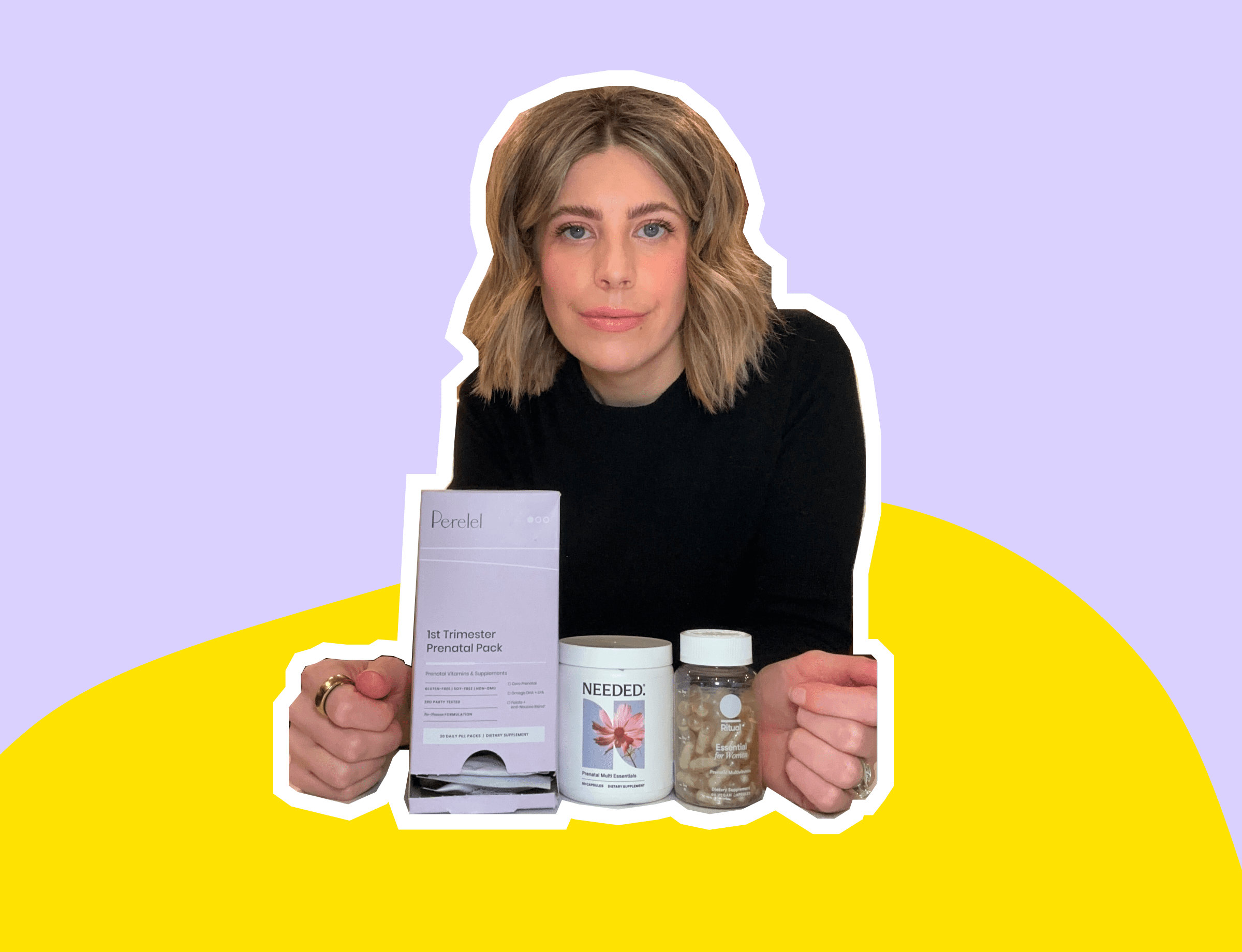
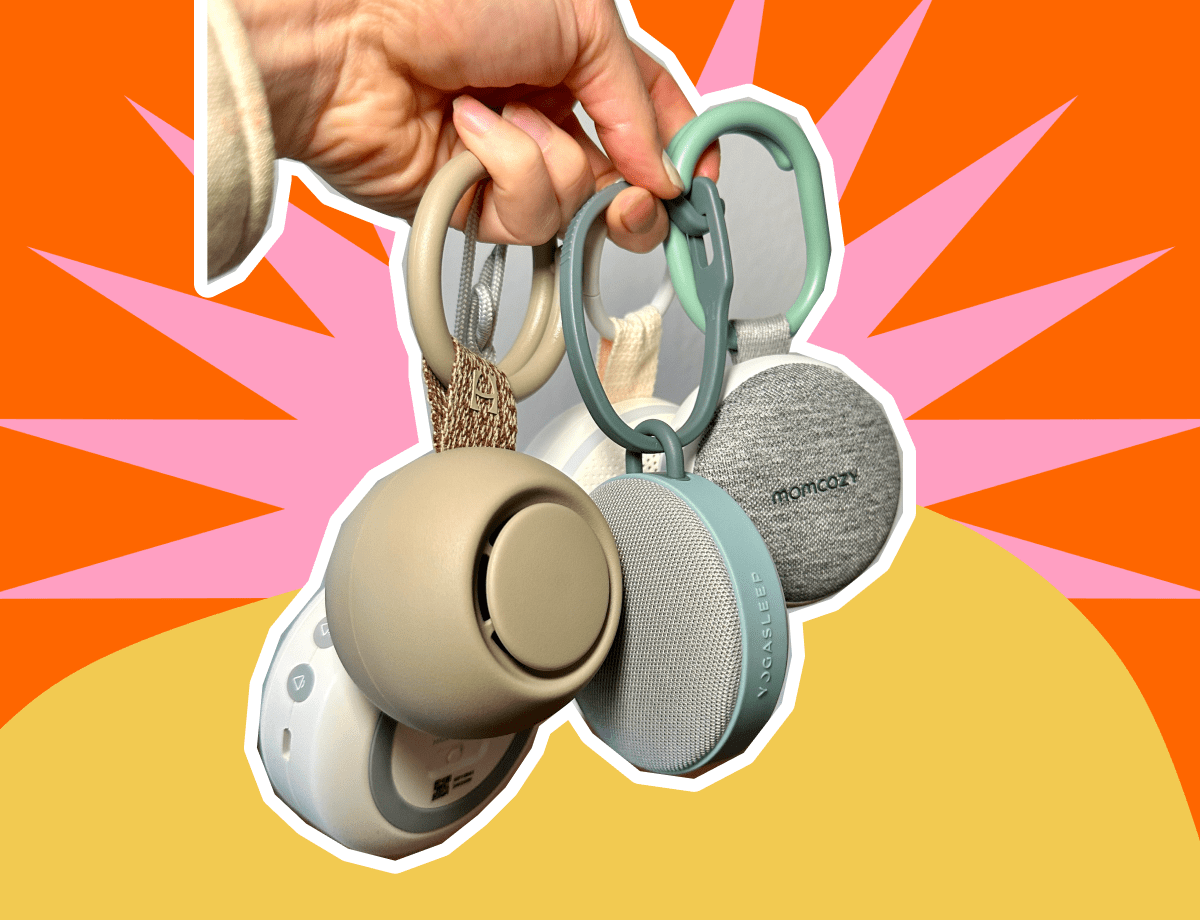
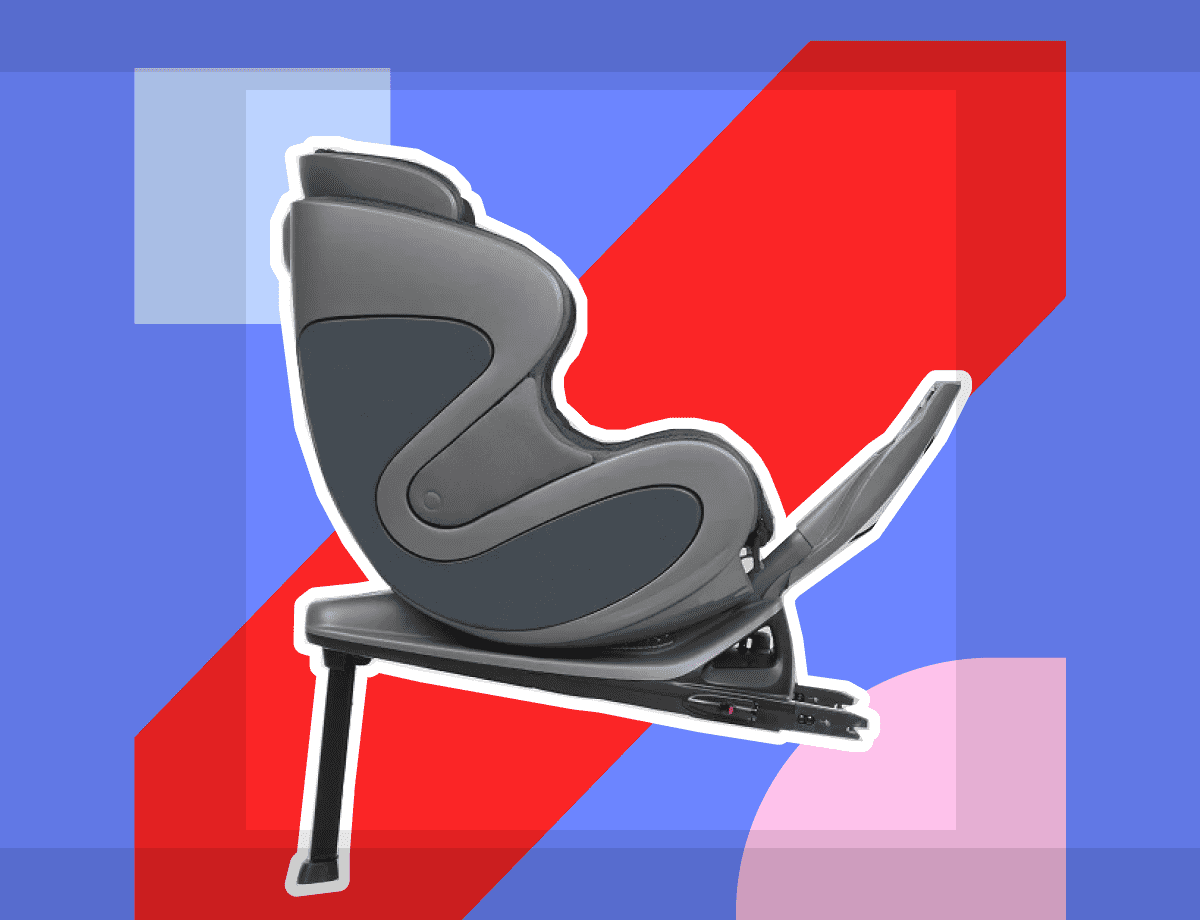
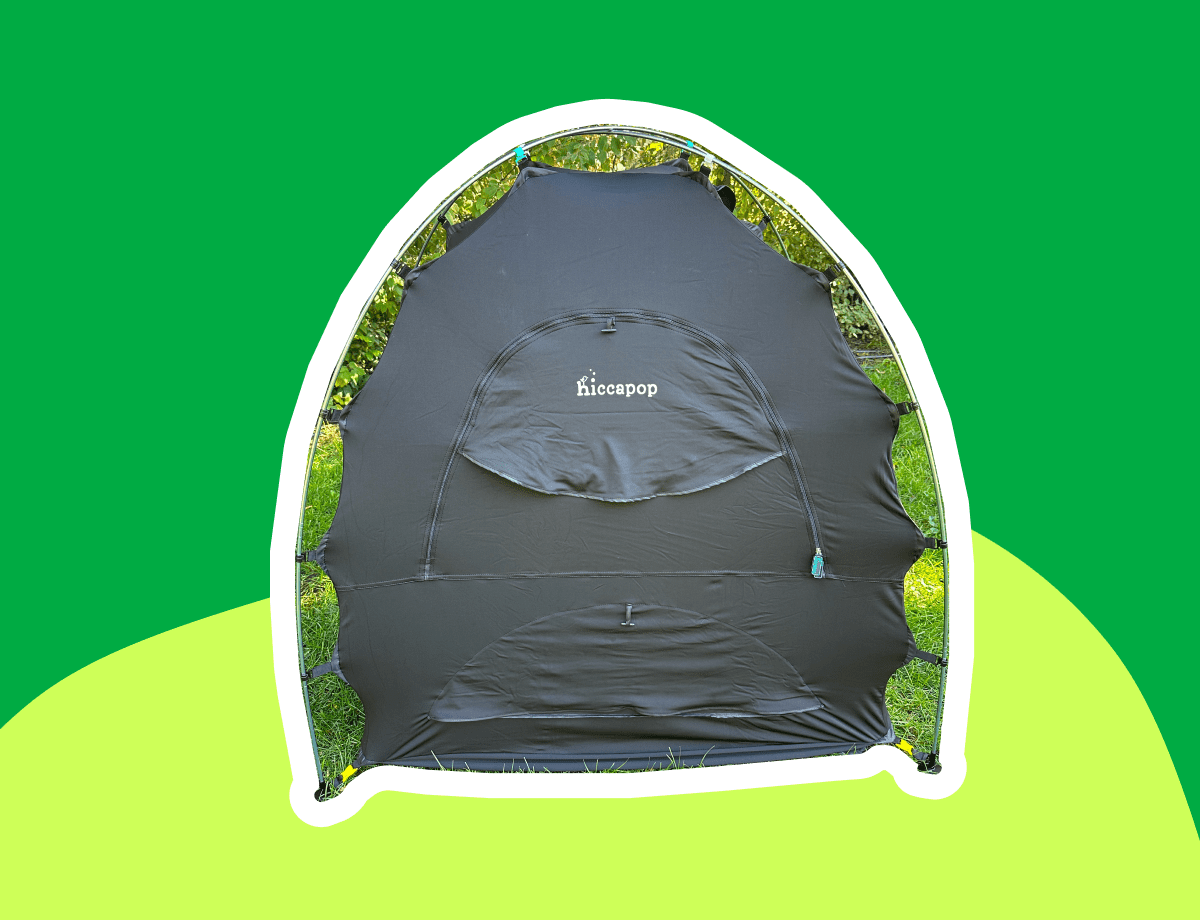
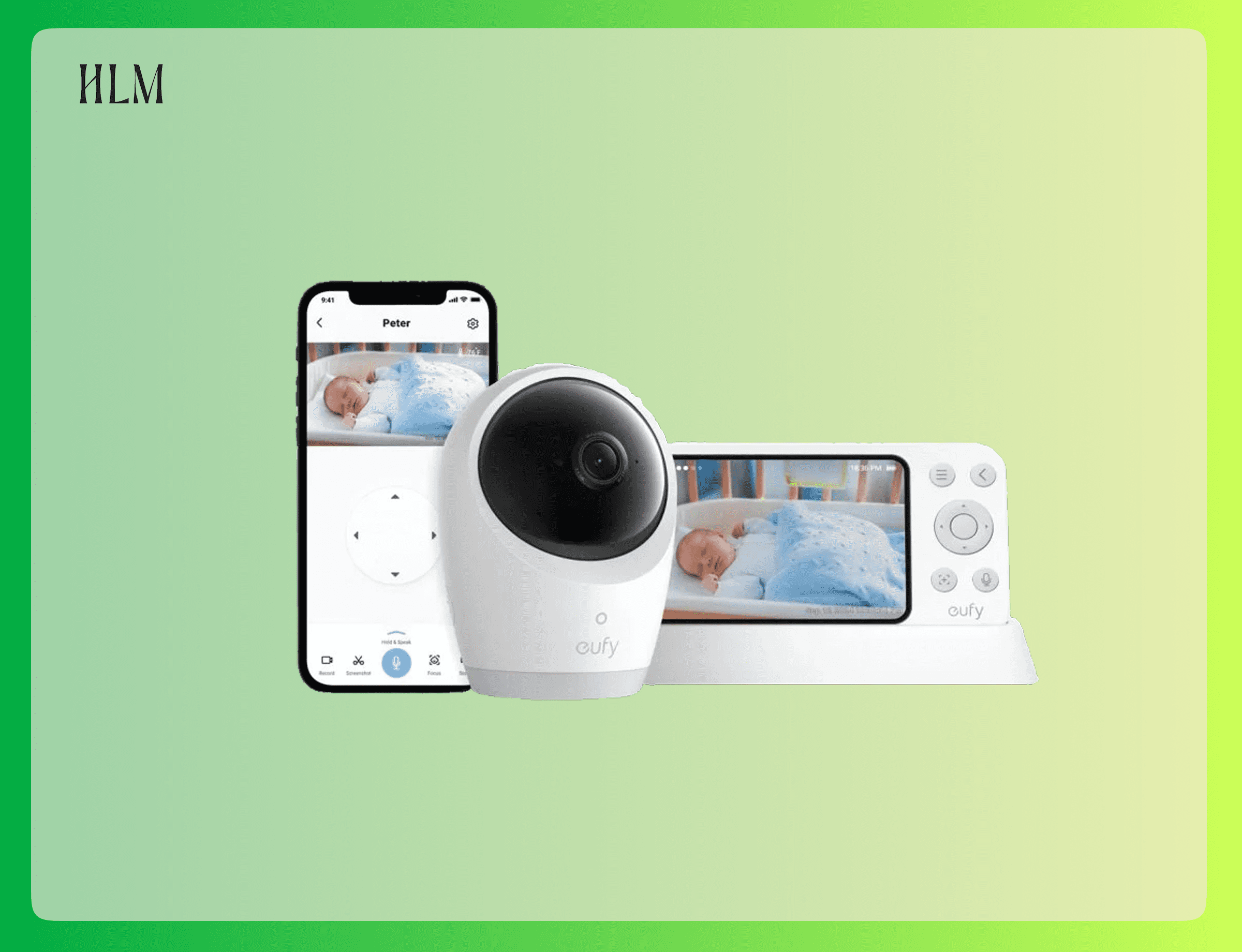
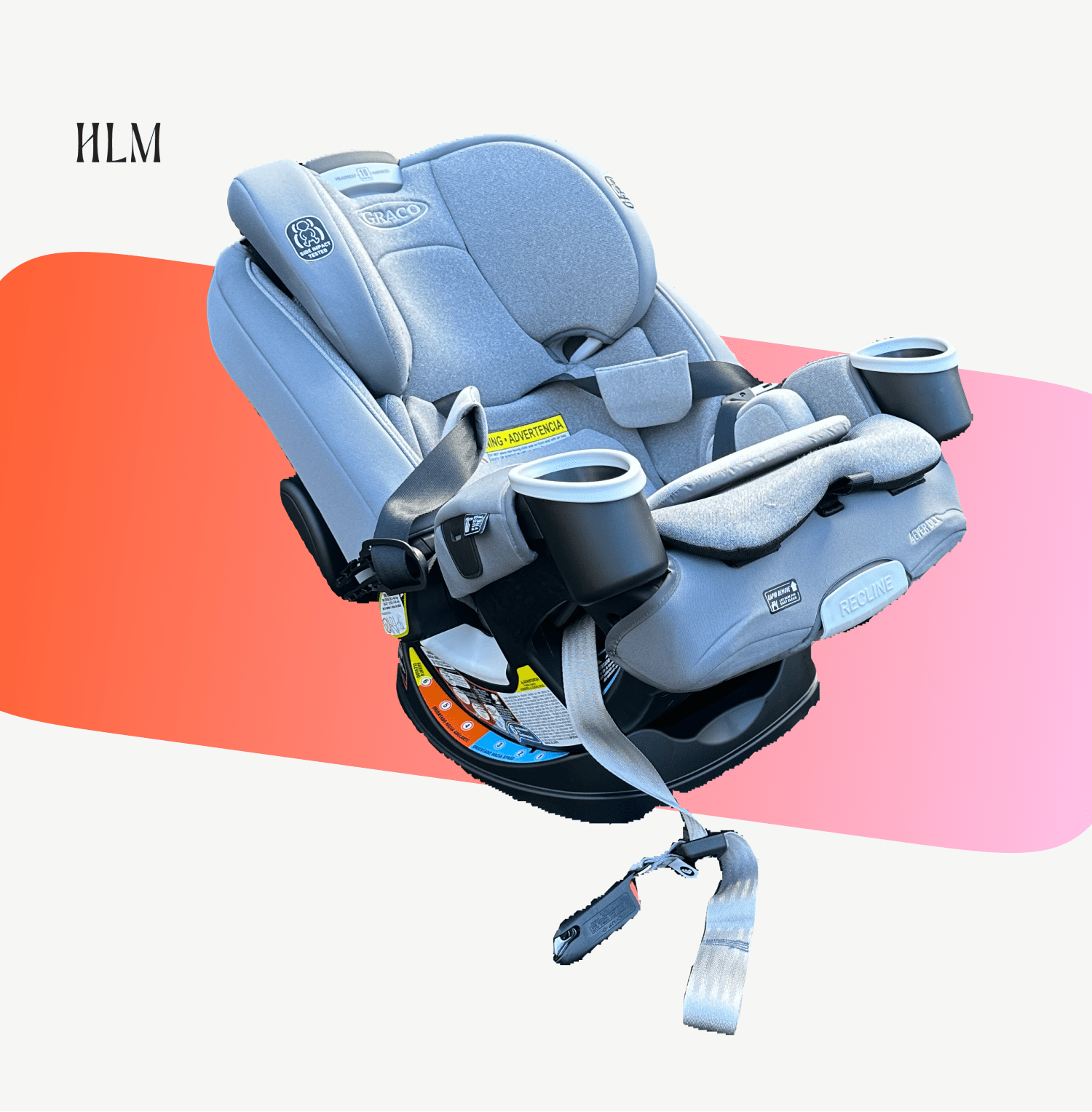

View comments
+ Leave a comment